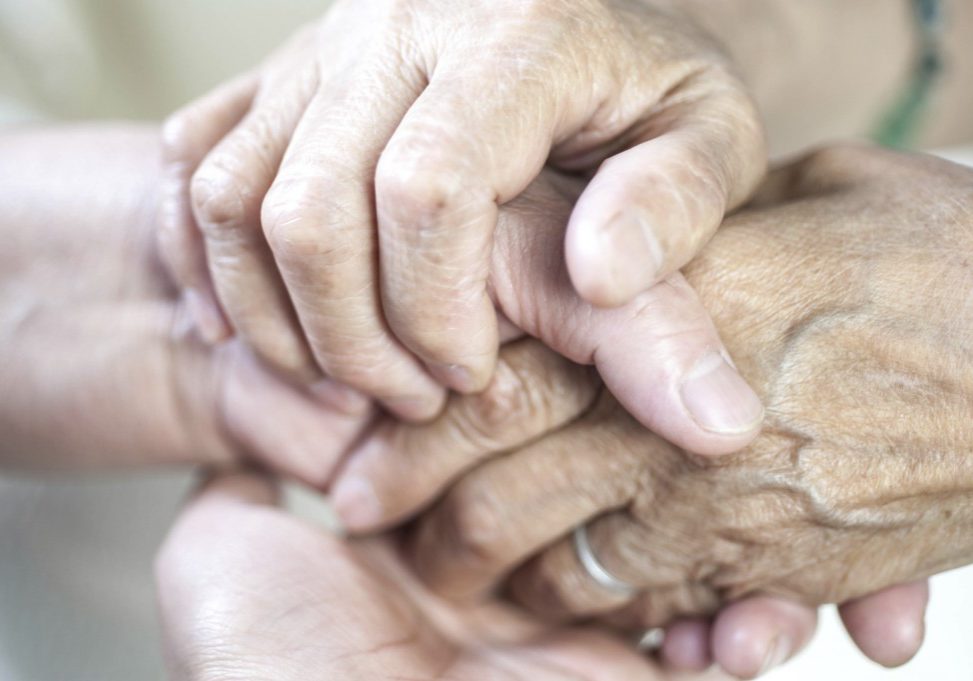Nursing Home Abuse / Malpractice
Has Your Loved One Suffered Elder Abuse in New York?
Don't hesitate to contact us at Jeffrey J. Shapiro & Associates, LLC when you believe that your family member has suffered elder abuse and you want to learn about your options for taking legal action against the nursing home.
We have been defending the rights of the injured for more than thirty years, and have a long track record of winning significant settlements and jury verdicts for our clients.
Nursing home abuse is a serious problem in New York and nationwide-in fact, a report issued by Congress in recent years revealed that approximately one out of every three nursing homes across the country had been cited for violations of various types. By taking action now you may not only be able to help your family recover financial compensation, but could also serve to hold the nursing home accountable, exposing conditions of neglect or abuse and protecting others from suffering similar harm in the future.
Take the first step - discuss your concerns and learn how much your claim is worth: Call 800.728.5478 today.

First Action to Take
As soon as you have reason to believe that your loved one is suffering any form of physical violence, sexual assault or emotional abuse at the hands of nursing home staff, contact us for knowledgeable legal counsel and aggressive representation. We are ready to take action to defend your loved one's rights and safety.
Warning Signs
Some victims of elder abuse will speak out about the situation, but many others remain silent out of feelings of shame or fear of retaliation. If you notice warning signs such as unexplained bruises or wounds, sudden changes of mood or behavior, weight loss or dehydration, do not delay in taking action to protect your loved one before it is too late!
Physical Abuse
As shocking and difficult to confront as it may be, physical abuse is rampant in many nursing homes throughout the area, with many cases on record of violent attacks and sexual assault which result in serious injury, emotional trauma or even death.
Mental Abuse
Not all types of nursing home abuse have to do with physical mistreatment. We may be able to represent your loved one in a claim based on verbal attacks and emotional abuse, which are capable of causing an elderly resident to suffer significant losses of self-esteem and will commonly lead to social isolation and reclusion.
Negligence
When you bring your loved one to live in a nursing home, you place your trust in the staff of the facility and expect that they will do everything necessary to safeguard the emotional well-being and physical health of your family member. If you have learned that your loved one has suffered from negligence, whether due to under-staffing or from carelessness on the part of caregivers, contact us for help in filing a claim for damages.
Behavioral Changes
Bruises and broken bones may be dramatic and easily recognizable signs of elder abuse, but it is also important to investigate when you notice indicators such as sudden changes in behavior, mood or personality. If your loved one is no longer acting the same, it is advisable to ask questions to determine whether abuse or neglect is the cause.
Nursing Home Alternatives
Many families who are not able to keep an elderly loved one living with them will automatically assume that a nursing home is the best-or even the only-solution, but this is far from true in every case. There are many viable options, including in-home nursing home case, adult day care centers, adult foster care, shared housing and assisted living facilities which enable the individual to maintain a greater degree of independence.
Tips for Choosing a Nursing Home
When you are looking for a nursing home in which to place your elderly family member, it is worth taking the time necessary to find the right one which will provide supportive care and responsive medical attention to ensure the ongoing emotional well-being and physical health of your loved one.

